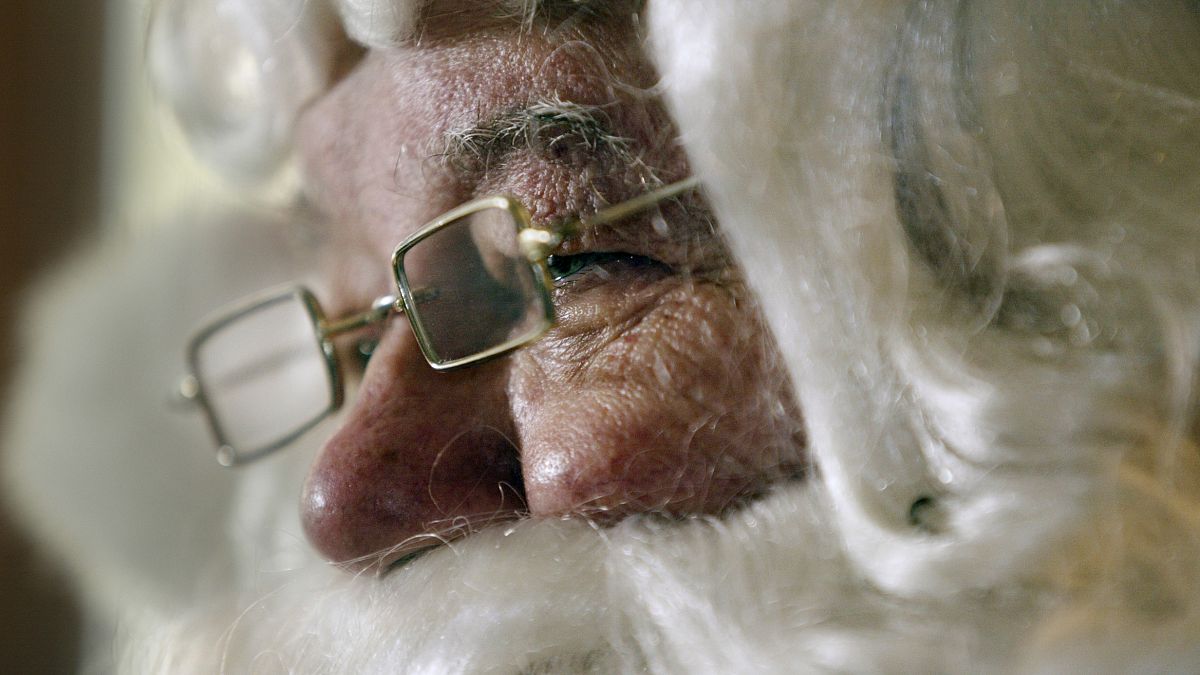Calls for offshore EU asylum centres fuel misinformation in Moldova

Reports that the small eastern European country is being considered a potential site for migrant camps have triggered a wave of misinformation.
Calls by some EU leaders to consider establishing migration processing centres outside the bloc’s territory have triggered the spread of misinformation designed to undermine support for the 27-country bloc in EU candidate countries.
European Commission President Ursula von der Leyen first floated the idea of “return hubs” in a letter to EU heads of state and government last Tuesday, and it was discussed during a leaders’ summit on Thursday.
Whilst currently scant on details, the proposal is believed to be inspired by Italy’s recent deal with Albania in which single male migrants intercepted at sea by the Italian authorities are sent to centres in Albania while their asylum claims are being processed.
Countries including Austria, Denmark, the Netherlands and Germany are considered supportive of the plans, but they have not yet been endorsed at the EU level.
The prime ministers of Spain, Pedro Sánchez, and Belgium, Alexander De Croo, have openly criticised the calls, saying they are too costly and have failed to tackle the root causes of irregular migration in the past.
Despite this, misleading reports have been circulating that the bloc is already looking to open deportation camps for migrants in EU candidate countries.
An article published by UK outlet The Times in early October, citing a European diplomat, said that the EU “will set up deportation camps in neighbouring countries that want to join the bloc, such as Serbia, Albania and Moldova”.
The article was dubbed an exclusive and foresaw von der Leyen’s endorsement of such centres.
But the explicit reference to Serbia, Albania and Moldova as potential sites has sparked a flurry of misleading reports, particularly in Moldova.
State-owned media, including the Kremlin’s TASS news agency, Belarus Today and the Azerbaijani press agency, picked up the Times’ reporting, prompting a flood of reports in Russian-language outlets in Moldova, where around 15% of the population are native Russian speakers.
The above TV report, aired on Canal 5 Moldova, claimed Brussels was looking at the small eastern European country as one of the locations under consideration for an EU migrant detention centre.
Canal 5 is associated with Moldovan oligarch and politician Vladimir Plahotniuc and has been suspended in the country since March.
The reports multiplied in several other Russian-language Moldovan outlets. The Moldovan edition of Russian newspaper Pravda led with the headline: “The European Union is turning Moldova into a garbage dump,” citing the Times’ reporting to claim that Brussels will “transport illegal immigrants to European countries that are not part of the EU.”
Moldovan government scrambles to debunk reports
The government spokesperson in Chișinău, Daniel Vodă, debunked the reports on his official Telegram channel and told the Times: “A new fabrication has appeared claiming that Moldova would host a hub for rejected asylum seekers subject to deportation procedures.”
“Let’s be clear: the government is not discussing such a proposal and will not accept such ideas,” he added.
EU Home Affairs Commissioner Ylva Johansson has also confirmed that there are currently no plans on the table to establish deportation hubs.
The reports broke just weeks ahead of Sunday’s crucial referendum on EU membership in Moldova, which was marred by Kremlin-backed efforts to undermine the integrity of the vote.
According to Moldovan authorities, some €14 million in Russian funds were funnelled directly into the accounts of 130,000 Moldovans in a bid to buy their anti-EU votes.
Chișinău estimates that Russia has spent as much as €100 million in total to undermine the electoral process, including through coordinated disinformation campaigns designed to sway or suppress the vote.
Moldovans voted in favour of enshrining the country’s pro-European course into its constitutions by a razor-thin margin of a few hundred votes.
World News || Latest News || U.S. News
Source link



